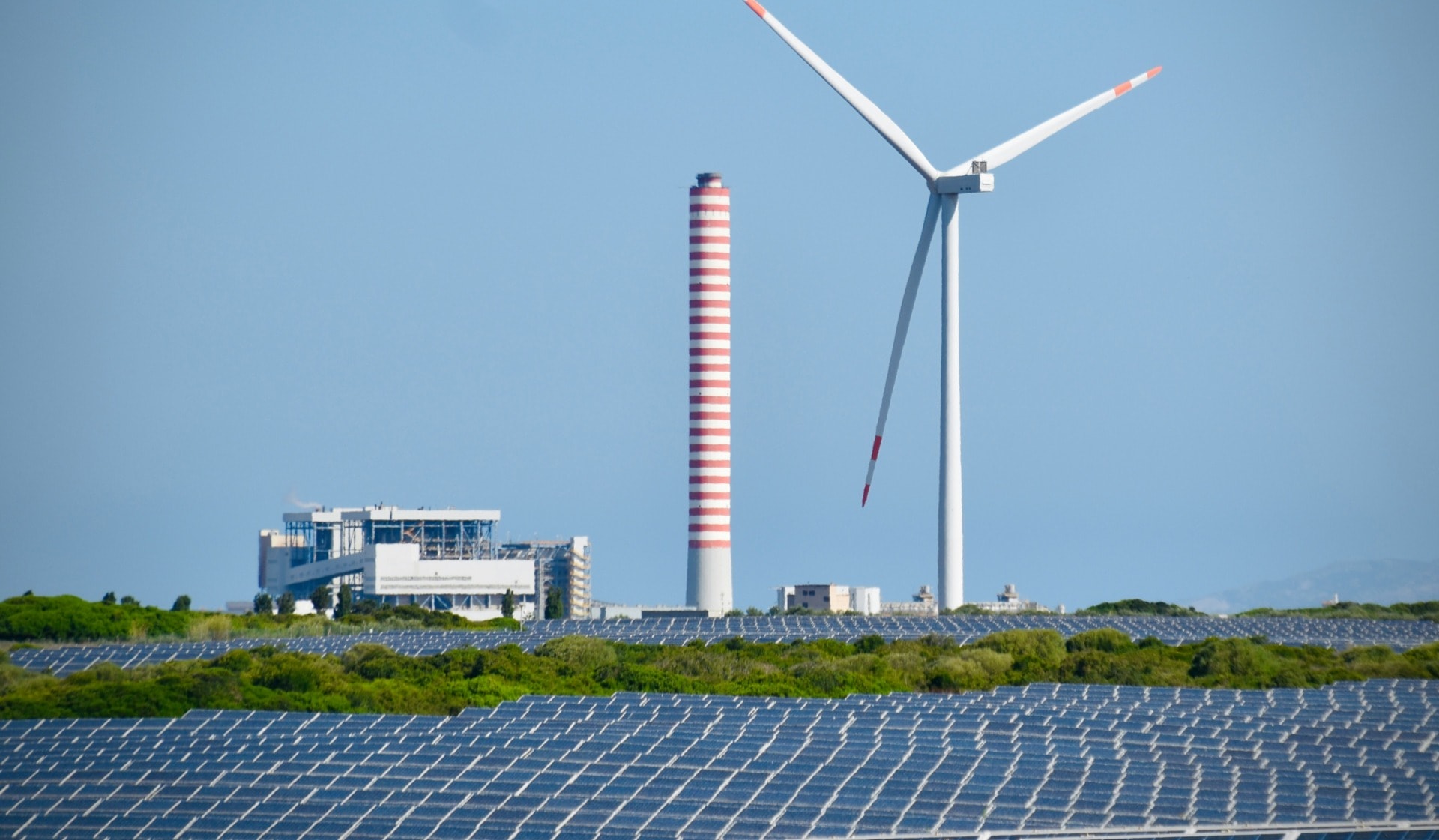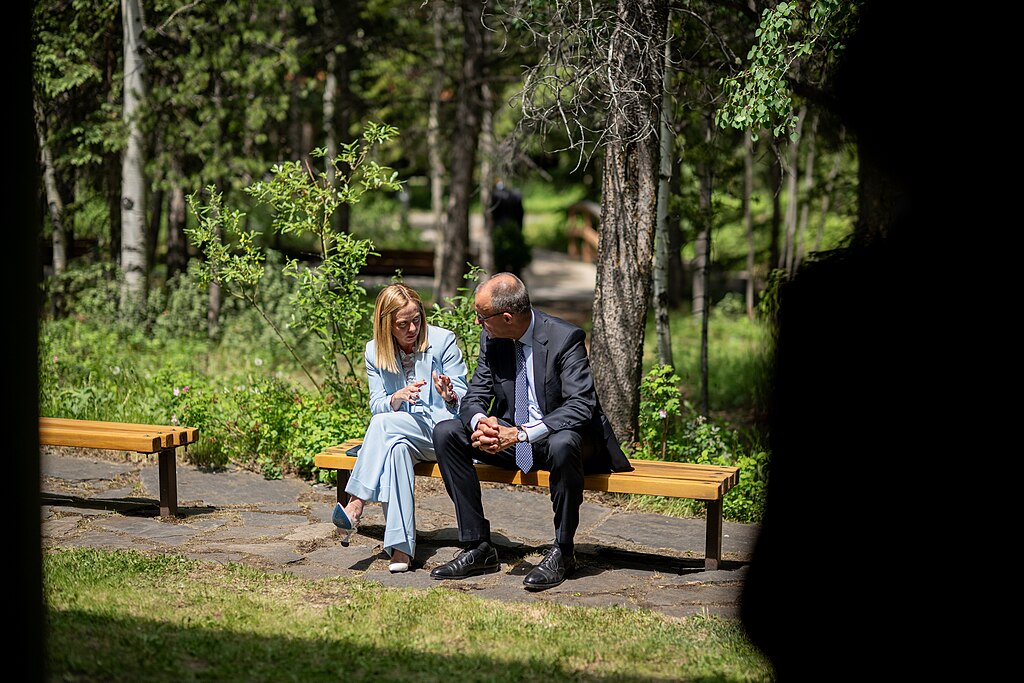September 8 saw the dawn of the new Carolean age, as upon her death the crown passed instantly from Queen Elizabeth II to her eldest son and the country’s longest heir apparent, King Charles III.
With this ascension, Charles will have to adapt his notoriously outspoken nature to accommodate the restrictions that come with the position of monarch. Whilst he will be able to discuss his personal views during his weekly meetings with the Prime Minister, he will now be unable to make public comments on any matters related to politics.
Despite these new bindings, the stances that the King is likely to take on a number of matters can be presumed based on the comments he has made throughout his time as monarch-in-waiting.
One topic on which he has been particularly vocal is the climate crisis. He was, in fact, one of the first public figures to highlight the dangers of pollution.
In a speech made in 1970 he referred to the “growing menace of oil pollution at sea,” the “chemical pollution discharged into rivers,” and the “air pollution from smoke and fumes discharged by factories and from gases pumped out by endless cars and aeroplanes.”
More recently, Charles commented that the “commitments around net zero have never been more vitally important.” This provides a very welcome contrast to the words of the country’s new secretary of state for business, energy, and industrial strategy, Jacob Rees-Mogg: “we’re not trying to become net-zero tomorrow, and we are going to need fossil fuels in the interim.”
Love this video of Prince Charles being asked to go for a beer by a member of the public 😅 Good old British banter! pic.twitter.com/b7QXSHrIU8
— Lucy Fiddis (@lucyfiddis) July 29, 2022
Whilst King Charles’ work ethic has never been doubted, with those closest to him affirming that he “works like a Trojan,” there is some concern regarding how he will take to the more ceremonial, and far less vocal position of monarch.
During his time as Prince of Wales, he attempted to involve himself in the country’s political affairs much more than is permitted of any royal family member, the heir apparent in particular.
In fact, the scandal of the 27 “black spider” letters expressing his views on a range of topics from farming to architecture that he sent to members of parliament, led to the BBC dubbing him the “meddling prince.”
The onus now on King Charles to curb his outspoken character and take on a more reserved persona is likely to pale in comparison to the other difficulties his reign will have to address.
One of such challenges will be the upholding of the Commonwealth, a task Queen Elizabeth II managed with skill.
Out of the 56 countries that form the Commonwealth, the English monarch currently sits as the head of state for just 15.
It is predicted that this number will drop early on in Charles’ reign, since many resisted breaking away in the past due in large part to Queen Elizabeth’s widespread popularity. This level of admiration will likely evade Charles III, at least initially, as he does not have the same advantage his mother did of coming to the throne young and gaining reverence through time.
It is also perceived to be more courteous to break away from institutions like the royal family during times of leadership change. Countries that have been debating independence may therefore take the step now.
Related Articles: How the World Reacts to the Passing of Queen Elizabeth | Impakter Essay: Why A Referendum is a Bad Idea
Australia, Canada, New Zealand, and the Caribbean have all previously demonstrated their republican appetites.
The rulings needed for the countries to cut ties with the monarchy vary: in New Zealand an act of parliament would suffice and most Caribbean states would only require a majority vote in a referendum. However, in Australia at least four of the six federal states would have to give their assent to the movement and in Canada “unanimous consent”— a majority of the House of Commons, the Senate, and all 10 provincial legislatures— is required.
More concerning though, are the discussions surrounding republicanism that are taking place within the home nations themselves. These are likely to be reinvigorated by Charles’ ascent since, as a poll carried out in February 2022 revealed, he is significantly less popular than much of his family, most notably the late Queen:
These issues within the home nations pertain to Scotland and Ireland’s views on the Crown, as well as the challenges of climate change and rapidly deteriorating economic conditions.
The 2014 Scottish referendum favoured remaining as part of the UK and under monarchical rule by just 55% to 45%. This slim margin and the many changes that have occurred in the past eight years— Brexit being one of the most prominent— have provoked Nicola Sturgeon, the first minister of Scotland, to call for another referendum.
Although the UK government has argued that the referendum is a generational opportunity, insinuating that another can not be held for 40 years, the Scottish government have published a bill proposing the vote should take place on 19 October 2023.
If this bill is passed and another Scottish referendum does indeed materialise next year, the actions that King Charles takes in the interim will prove crucial to the vote’s outcome.
The vast majority of people in Scotland desire Scottish independence, which is complete independence from the British state. We shall have an independent Parliament, we shall have an independent Nation – in every way. London rule, in all its forms, is finally coming to an end 🏴
— All Under One Banner (@AUOBNOW) September 12, 2022
The Irish border poll will no doubt also be discussed between the King and the Prime Minister during their meetings.
This movement for the unification of Ireland is one that Leo Varadakr, an Irish Fine Gael politician, has previously stated the time is not right for just yet, given it would most likely be defeated. However, the Fine Gael party does support the prospect of unification and predicts the question of voting on the matter will come to the foreground of political debate in the near future.
Beyond the questions of republican movements, Charles will be confronted with the increasingly concerning cost of living crisis as well as the climate emergency that was made clearer than ever this summer in crises from the flooding in Pakistan to the unprecedented droughts across Europe.
Despite the restricted nature of Charles’ new position, the nations will be looking to him to provide the same continuity, stability, and strength that the monarchy has symbolised for the past 400 years.
However, this will need to be paired with considerations of how to modernise the institution to maintain public favour. It has already been suggested that Charles will look to achieve this through a “slimming down” of the royal family in order to reduce the cost to the taxpayer.
Indeed, these first months in which King Charles will reveal how he plans to navigate his new and difficult role shall prove crucial to the longevity of not just his own position as ruler, but the institution of the monarchy in its entirety.
As ever, the court of British public opinion will be watching closely.
Editor’s Note: The opinions expressed here by the authors are their own, not those of Impakter.com — In the Featured Photo: Prince Charles in the Royal Square, Jersey, Channel Islands. Featured Photo Credit: Dan Marsh.














